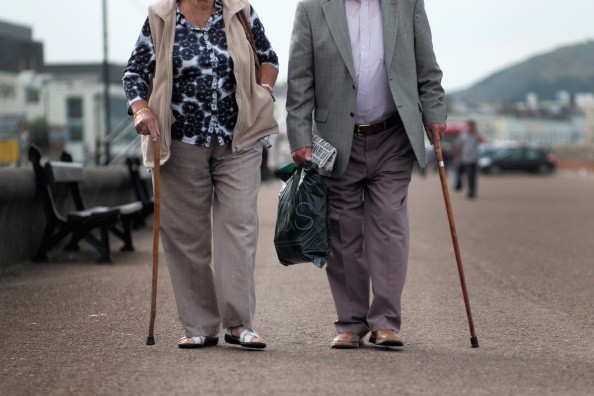
Are you pinning your hopes for stronger bones on calcium supplements? Then here's some bad news for you: these supplements may not have any significant benefit to the bones. Worse, they may increase your risk of kidney problems and heart disease.
People over 50 usually start taking calcium supplements as a way of reducing the risk of osteoporosis and weak bones, which may lead to life-threatening fractures and decreased mobility. But a meta-analysis conducted by New Zealand researchers reveal that evidence on the supposed benefits of calcium supplements on the bones are weak.
For the study, the team analyzed multiple studies on calcium intake and risk of fractures. They were specifically looking for people who are above 50 years old.
In some of the studies, calcium supplements helped reduce the risk of vertebral and total fracture but not forearm and hip fracture. However, with further analysis, the team discovered that these studies showed bias toward the supplements. In the lowest bias risk, these supplements did not increase the risk of fractures but didn't help either in reducing such risk.
Many older people are recommended to have at least 1,000 mg a day of calcium to improve the condition of the bones. But in reality, most consume less, so they try to make up for the difference by taking supplements. But supplement s do not decrease the risk but instead lead to adverse effects once the doses are already 1,000 mg a day. These include the development of kidney stones and heart disease as calcium deposits build up on the arteries.
Calcium from dietary sources such as dairy fare better than these supplements in improving bone health, based on the bone mineral density. But the new study also suggests there's no association between fractures and these dietary sources, which means the latter may still not prevent fractures from happening.

